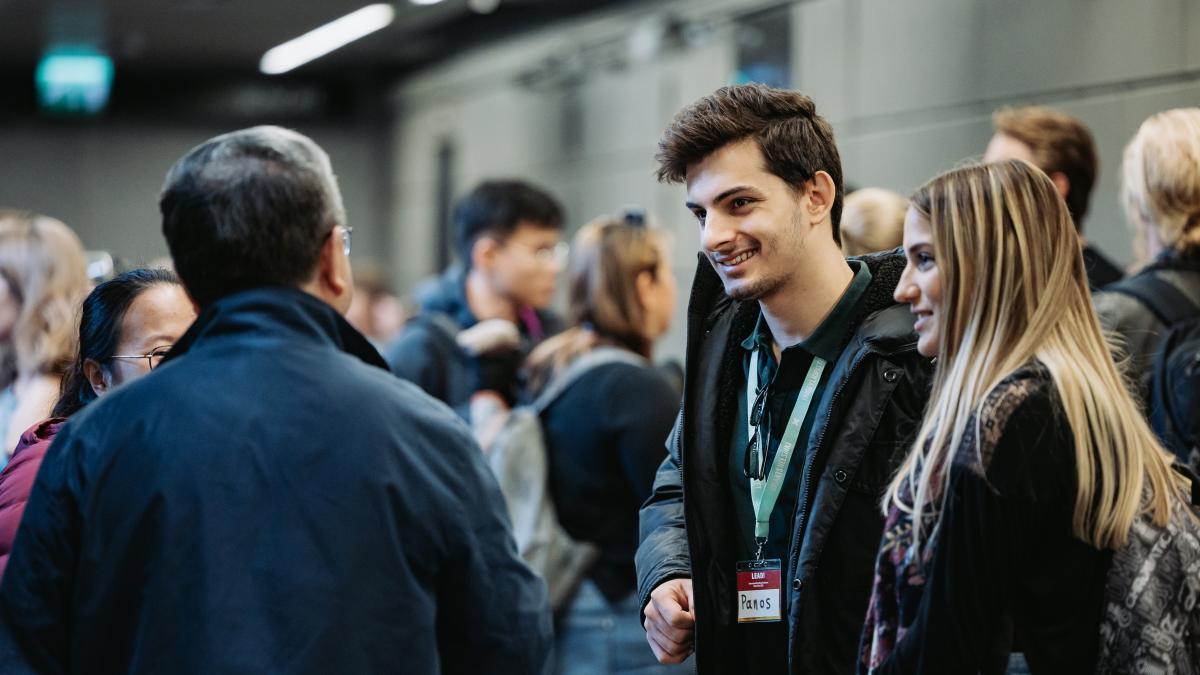Uniarts Helsinki to co-found a European alliance of top art universities
The European Commission supports the joint project of eight art universities with around eight million euros. The four-year project starting in autumn 2023 is the first music-based multidisciplinary university alliance in Europe.

The European Commission has granted approximately eight million euros to a joint project called In.Tune – Innovative Music & Art Universities in Europe. It supports the European Commission’s goal of building closer and more focused European cooperation through alliances of top universities in different fields.
University alliances build a joint long-term strategy for the development of education, research, innovation activities and service to the society as well as for increasing mobility.
A vision of permanent cooperation impacting both universities and societies
“The alliance is committed to creating a constantly growing ecosystem impacting widely the future of both the arts and our societies by actively working to solve educational, professional, social, technological and ecological challenges,” says Uniarts Helsinki rector Kaarlo Hildén.
In the first four-year term, structures will be created for long-term cooperation and a European university campus, where both virtual and on-site mobility is built into studies.
”We are building the foundations for a future-oriented learning environment that will increase the chances of students and staff to access and maintain sustainable careers and empower them to address social challenges in their creative work,” adds Sibelius Academy dean Emilie Gardberg.
The eight art universities are building the first music-based multidisciplinary university alliance, which will connect approximately 9,000 art students and more than 4,000 members of academic, research and administrative staff all over Europe.
“The project is the first step towards permanent collaboration. With joint planning and implementation, we aim for high-level educational programmes in the future, employing innovative pedagogy and research, but also sharing of resources and systematic dissemination of knowledge and expertise,” says Gardberg.
“The alliance offers us excellent conditions for developing education and research in long-term and goal-oriented international cooperation, which is not possible in conventional exchange activities,” says Hildén.
The funding of the alliances is channelled through the European Universities Initiative of the Erasmus programme.
Partners in alphabetical order:
- Conservatoire National Supérieur de Musique et de Danse de Paris (France)
- Escola Superior de Música de Catalunya, ESMUC (Spain)
- Hogeschool der Kunsten – Koninklijk Conservatorium (the Netherlands)
- Norges musikkhøgskole (Norway)
- Taideyliopisto – Sibelius-Akatemia (Finland)
- Universitatea Națională de Muzică din București (Romania)
- Universität für Musik und darstellende Kunst Wien (Austria)
- Univerzitet umetnosti u Beogradu (Serbia)